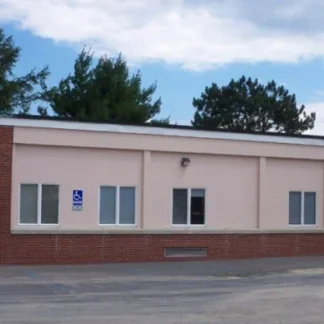Firetree - Conewago Snyder
Beavertown, Pennsylvania, 18336 Route 522, 17813
Available Programs
- Adult program
- Program for men
- Program for women
- Total beds : 99
- Young adult program
Insurance and Financial
- Medicaid
- Self-pay options
- Private insurance
About this Facility
The Firetree Conewago Snyder Center is a dual diagnosis drug and alcohol rehab center on a serene farmland plot located in Beavertown, PA. The facility’s primary goal is to offer comprehensive care and support to men and women seeking recovery.
With a team of dedicated professionals, they provide a range of evidence based treatment options tailored to meet the unique needs of each individual.
Firetree Conewago Snyder offers a safe and medically supervised detoxification process, ensuring individuals can safely and comfortably withdraw from substances under professional guidance.
Their residential program provides a structured and supportive environment for individuals to focus on their recovery journey. Through counseling, therapy sessions, and skill building activities, residents receive personalized care to address the underlying causes of addiction.
Firetree Conewago Snyder’s outpatient program offers ongoing support for individuals who have completed higher levels of care or require less intensive treatment. It includes individual and group therapy sessions, relapse prevention education, and continued monitoring of progress.
Recognizing the importance of long term recovery, Firetree Conewago Snyder provides aftercare services and ongoing support to individuals who have completed their programs. This includes access to support groups, counseling, and resources to maintain sobriety.
Contact us for more information: (570) 658-7383

Contact Firetree - Conewago Snyder
Connect with Firetree - Conewago Snyder by calling their admissions team directly.
(570) 658-7383 Website Get Directions